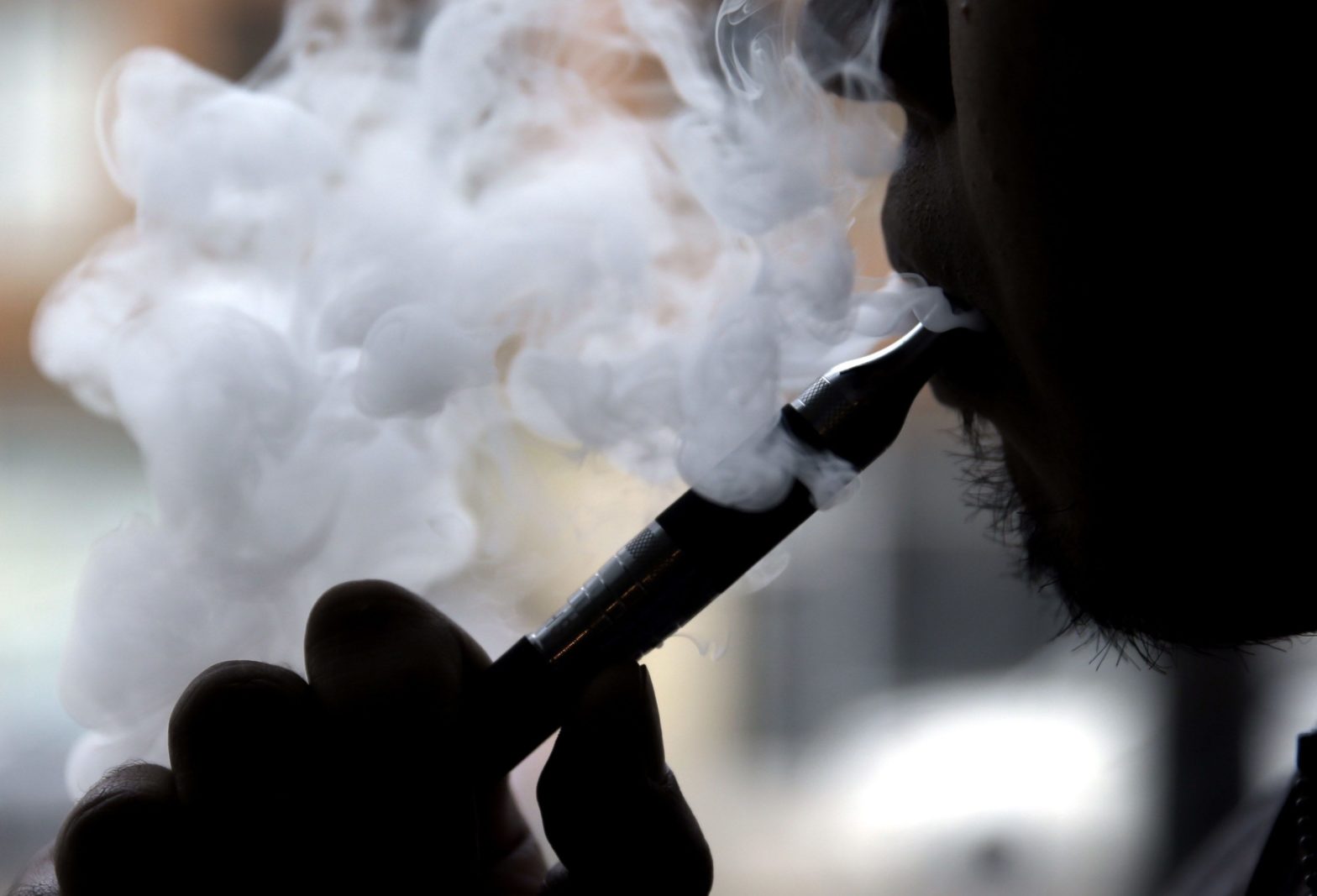![[FILE PHOTO]](http://127.0.0.1/wordpress/wp-content/uploads/2022/01/ghows-DA-90cb67a9-df87-451e-e053-0100007f3859-1d80a83c-scaled.jpeg)
MILTON — The federal government has declared youth vaping — or e-cigarette use — a nationwide epidemic.
Due to that and the misinformation surrounding this topic, the Bureau of Tobacco Free Florida and Santa Rosa County Health Department are helping educate others on what they need to know about vaping and youths through the E-Epidemic: Vaping and Youth initiative.
The most popular e-cigarette brand is JUUL, a device shaped like a USB drive that is available in a variety of flavors and easy to conceal. Youths are using JUUL devices inside school bathrooms and classrooms.
Here is some of the statistics and other information about vaping use:
• Youth vaping has increased dramatically across the country and in Florida. In 2018, about 25 percent of Florida high school students reported electronic vaping use, a 58 percent increase compared to 2017. In Santa Rosa, 17.4 percent of high school students reported electronic vaping use in 2018.
• Youths are vaping at much higher rates compared to adults. One in four Florida high school students are vaping, compared to 4 percent of Florida adults.
• The long-term health effects of e-cigarettes are still unknown. E-cigarette devices heat a liquid — usually containing nicotine, flavorings, and other chemicals — and produce an aerosol. This aerosol, or “vapor,” is not water. Some of the ingredients in the aerosol could also be harmful to the lungs in the long-term, according to the Centers for Disesase Control and Prevention. For example, some e-cigarette flavorings may be safe to eat but not to inhale, because the gut can process more substances than the lungs.
• E-cigarettes, including JUUL, typically contain nicotine, which is highly addictive. Youths may be more sensitive to nicotine and feel dependent on it sooner compared to adults. According to the manufacturer, a single JUUL pod (the “liquid” refill) contains as much nicotine as a pack of 20 regular cigarettes. JUUL uses nicotine salts, which can allow high levels of nicotine to be inhaled more easily and with less irritation.
• The brain continues to develop until the early to mid-20s. The developing brain is more vulnerable to the negative effects of nicotine. Effects include reduced impulse control, deficits in attention and cognition, and mood disorders. Using nicotine in adolescence may also increase risk for future addiction to other drugs.
• Evidence suggests that youths who use e-cigarettes may be at greater risk of starting to smoke regular cigarettes.
“We are committed to addressing this locally and we want parents and educators in our communities to know that Tobacco Free Florida’s Quit Your Way program provides cessation services to people of any age, including youths, by phone, web, and text,” said Kristie Beckstrom, health education program manager and SWAT Coordinator.
Visit http://tobaccofreeflorida.com/quityourway and tobaccofreeflorida.com/eepidemic for more information.
This article originally appeared on Santa Rosa Press Gazette: Tobacco Free Florida warns about youth vaping
